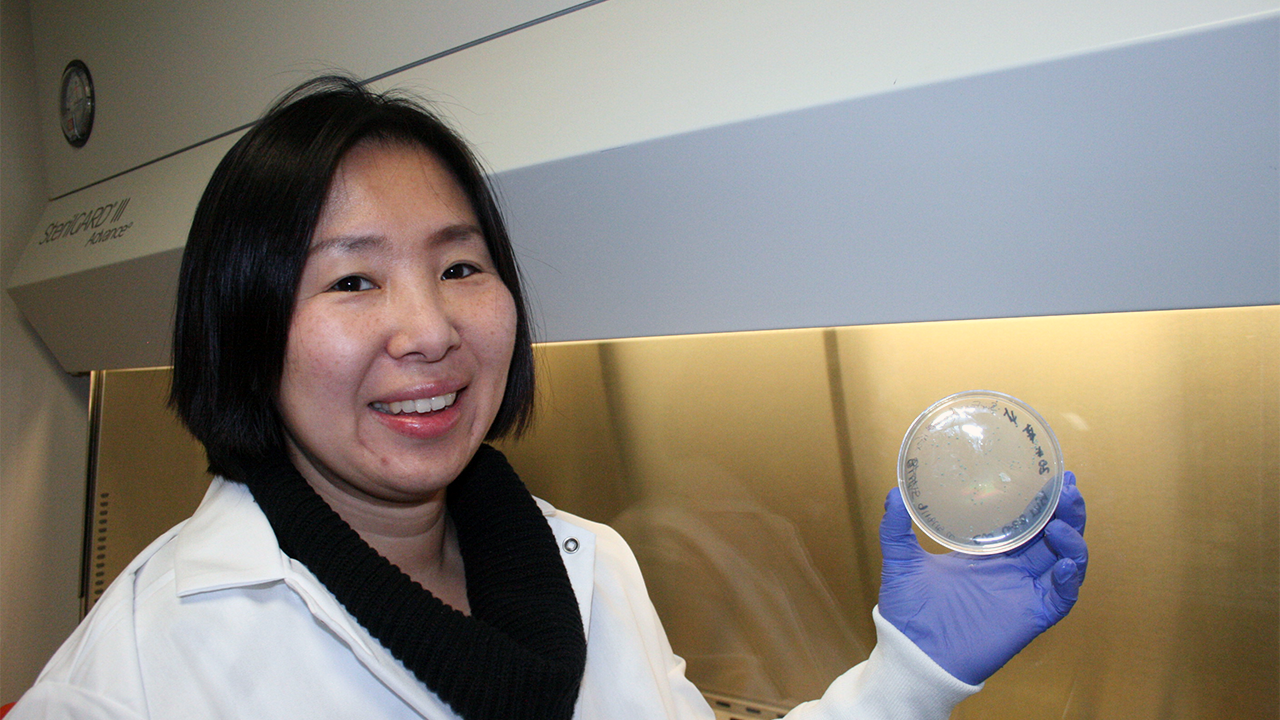
Chan Lan Chun, the senior research program manager at the University’s Natural Resources Research Institute (NRRI) and associate professor in the Department of Civil Engineering, UMN Duluth, considers herself an environmentalist first and foremost. As an environmental engineer, she solves problems that affect the natural environment, but she has found that her innovations can also aid corporations. “People see industry and environmentalism as fighting each other,” says Chun, “but we can help each other too.”
A prime example of Chun’s research goals aligning strongly with industry goals is her research into reducing sulfate in freshwater systems. This is an important issue in northern Minnesota, where industries such as mining and paper production are raising the naturally low sulfate level in the water, in some cases adversely affecting the surrounding ecosystem. Although sulfate itself is a nutrient, naturally occurring microbes convert the sulfate into sulfide, which is toxic. This is one of the factors contributing to lower wild rice yields.
At the same time, higher sulfate levels reduce productivity for the industries themselves that are using the water. By trapping sulfate before it’s released into the water and cleaning up the sulfate already in the water, Chun’s innovations could help the environment and the economic interests of corporations and wild rice harvesters. She hopes her biological sulfate treatment system, which uses microbes, will be both more effective and much cheaper than currently available reverse osmosis technologies.
After successful laboratory tests, Chun is moving on to a pilot test at a larger scale to see if what works in a test tube can work in a 500-liter system. Along the way, Tech Comm has helped her navigate the patent process, articulate the value her invention would bring to future buyers, and communicate effectively with industrial partners. “Because we are teachers, academics talk,” Chun says. “But Tech Comm taught me to listen. When you meet with a public agency or industry partner, you have to listen to what they want instead of just speaking.”
Chun intends to put these lessons to use in upcoming partnerships with Tech Comm, including research into a more sustainable product to replace road salt. As an engineer, Chun’s top priority is to understand what’s happening in the environment because, as she says, “understanding is key for [finding] the solution.”
To learn more about how researchers are increasing their impact through commercialization of their research innovations, please visit Tech Comm’s website and Resources for Inventors.